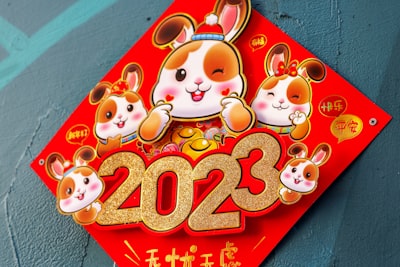Summary
The article highlights the surprising popularity of Pop Mart, a Chinese designer toy retailer, in the heart of New York City. Despite ongoing political strains and trade tensions, Pop Mart’s lower Manhattan store is thriving, with its signature $20 “blind box” collectible toys selling out to eager American consumers. The brand’s resonance was underscored when China’s ambassador to Washington, Xie Feng, publicly cited Pop Mart and another Chinese tech innovator as examples of Chinese companies winning over American hearts, illustrating a softer, more consumer-oriented face of China’s global presence.
Analysis
Pop Mart’s stateside success reveals several key trends shaping today’s global economy. First, it showcases the growing appetite among American consumers for novel and affordable products, even from countries associated with geopolitical rivalry. The “blind box” phenomenon—a surprise-until-opened collectible—plays into trends of gamification and nostalgia, appealing across age groups.
Second, the ambassador’s endorsement of Pop Mart in the context of US-China relations is telling. Such mentions serve a dual diplomatic and commercial agenda, suggesting that economic ties and mutual appreciation can persist despite broader strategic distrust. Yet there is a selective optimism in spotlighting such stories. While Pop Mart’s success is genuine, it often stands in contrast to the regulatory complexity, protectionism, and mutual suspicion that define much of the current US-China economic relationship. What’s missing from the narrative are the smaller or less-glamorous Chinese retailers that struggle in the American market, or the local companies in China facing similar challenges from the other direction.
Discussion
Pop Mart is emblematic of how cultural products—whether toys, tea, or tech gadgets—can cross borders in ways that larger, more strategic industries often cannot. It forces us to question: To what extent can consumer affection blunt the edges of hard politics? How do micro-level trends like toy fads mesh with macro-level currents of decoupling and national security anxieties?
There are precedents. Japanese pop culture in the 1980s or K-pop and Korean beauty in recent years navigated a similar dynamic: consumer fascination flourishing amidst fluctuating political ties. The persistence of such interest suggests that even as governments clash, ordinary people remain powerfully drawn to creative and playful innovation.
However, the survival and growth of brands like Pop Mart is never guaranteed. The market can be fickle, regulatory hurdles may loom, and popular tastes shift quickly. Moreover, as China itself grows more economically assertive, even successful consumer brands can be caught in diplomatic crossfire—through boycotts, tariffs, or simply shifting public sentiment.
Ultimately, the Pop Mart story matters because it reminds us that globalization is not just about steel and semiconductors, but also about the joy of surprise toys on a Sunday in Manhattan. It’s a hopeful, if precarious, testament to the enduring power of commerce and culture to create bridges when politics threaten to burn them.

Comments
No comments yet. Be the first to comment!